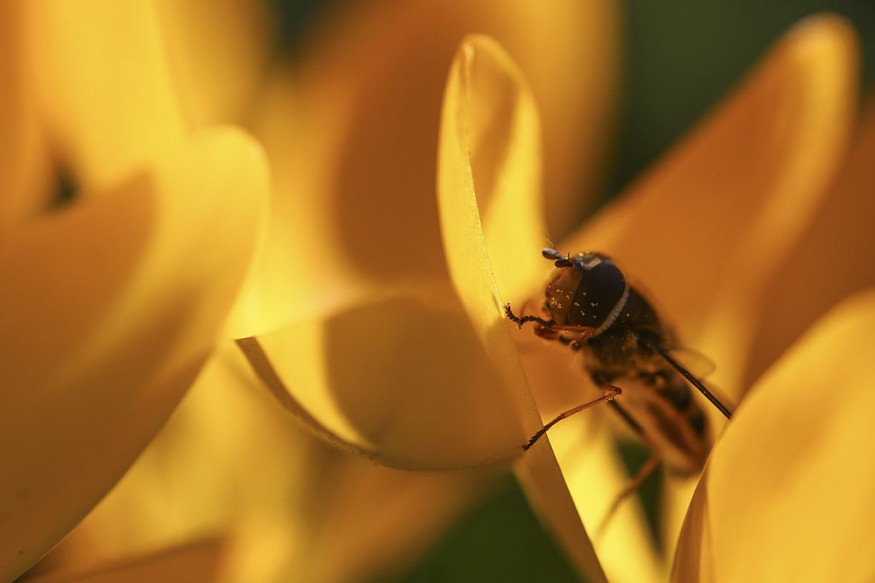Study findings suggest that the presence of pollen can make an individual more vulnerable to COVID-19 infection. The study looked into the association between the powdery substance plants produce and how it aggravated COVID-19 that has claimed more than half a million people in the United States.
WSOC TV reported that based on research, pollen allows COVID-19 infection to gain a position when it overpowers the response of the immune system to the virus.
Investigators explained that they wanted to determine how the number of new contagions changed with the pollen levels' rise and fall in more than 30 countries globally.
Columbia University environmental health sciences associate professor Lewis Ziska said that they found that roughly 44 percent averagely, of the variability in COVID-19 case rates, were linked to pollen exposure, frequently in synergy with temperature and humidity.
The study which the Proceedings of the National Academy of Sciences published (Higher airborne pollen concentrations correlated with increased SARS-CoV-2 infection rates, as evidenced from 31 countries across the globe) looked at not just the levels of pollen, although such metrics as temperature, population density, lockdown limitations and the amount of humidity on a specific day.

Link Between Pollen and COVID-19
What the study authors discovered was that when pollen in a place spiked, there was a spike in infections, too. The pollen appears to aggravate the immune system.
According to one of the authors of the study, Stefanie Gilles, who's also chair of the environmental medicine at the Technical University of Munich in Germany, when one inhales pollen, it ends up on the nasal mucosa and here, they reduce the expression of genes that are essential for the defense against airborne infections.
The reason pollen appears to be associated with a rise in COVID-19 infections, the study investigators said, is that pollen may cause a person's body to drop its defenses from the airborne virus resulting from the infection.
Ziska explained, if one is in a crowded room and other people who are asymptomatic are also there, and he has just been breathing in pollen all day long, chances are, he will be more vulnerable to the virus. Wearing a mask, the associate professor added, is evidently really critical in this regard.
Pollen Season Coinciding with the End of Flu Season
Professor of technical sciences and environment Martijn Hoogeveen from The Open University in the Netherlands said, just because a couple of things happen at the same time does not mean that one causes the other.
Hoogeveen also published a study in February 2021 that showed the coming of pollen season in the Netherland that coincided with the end of Flu season. The trends in COVID-19 infection tend to follow the same pattern.
Ziska's research on the other hand, recommends too, that pollen seasons are getting longer and that's because of climate change.
In this particular research, spring changes are beginning ahead of time. There are indications worldwide of exposure to pollen earlier in this season. He added, the season will be much longer and more pollen is being produced.
Ziska elaborated, the time one is exposed to pollen, from spring, which is mainly driven by tree pollen, to the summer season, which is weeds and grasses, and then fall, which is mainly ragweed, is roughly 20 days longer, specifically in North America at present compared to how it was in 1990.
As one moves toward the poles, where there is a rapid rise in temperatures, the authors found that the season is becoming more evident. Three factors, according to Ziska, result from a worse outcome for humans.
The associate professor also said as climate change is driving pollen counts upward, that could lead to greater susceptibility for humans to viruses. The best way for people to have themselves protected is to wear masks when pollen levels are high.
The KHOU 11 YouTube video below shows how pollen is possibly linked to the flu season and COVID-19:
Read also: How Good Are You at Re
Check out more news and information on Pollen and COVID-19 in Science Times.












